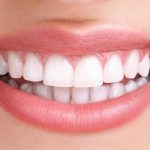Why Baby Teeth Matter: Exploring the Purpose and Benefits of Primary Dentition
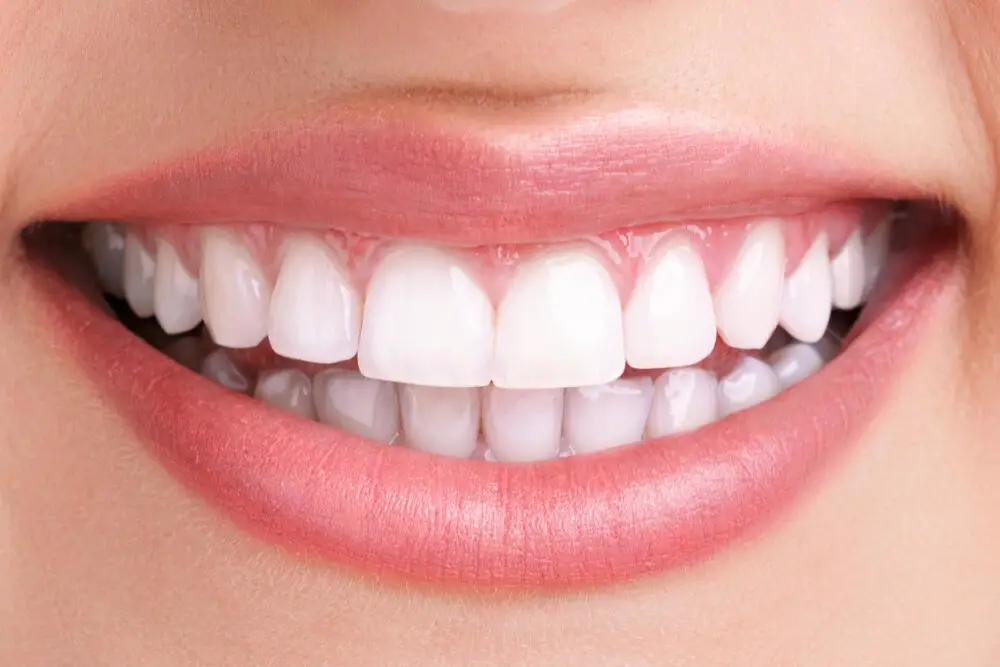
As parents, it is incredibly important to be aware of the development and health of our children’s teeth. Baby teeth, also known as primary teeth, serve a vital purpose in the growth and development of our children’s overall oral health. Many people may not realize just how essential these temporary teeth are or the benefits they provide, but understanding their role can help ensure that our children have a healthy smile for years to come. Primary dentition is the set of teeth that begin to appear in a child’s mouth around 6 months of age and typically continue to erupt until around 2 years old. These teeth are temporary, meaning they will eventually fall out, but they serve a critical role in the development of a child’s speech, chewing ability, and self-confidence. The purpose of baby teeth is not only to help children eat and speak but also to guide permanent teeth into their proper position. In this article, we will explore the purpose and benefits of primary dentition and highlight why baby teeth matter for the overall oral health of our children.
The primary dentition, also known as baby teeth or deciduous teeth, is the first set of teeth that erupt in the mouth of a child. These teeth begin to emerge around six months of age and are fully developed by the age of three. The primary dentition consists of 20 teeth, which include eight incisors, four canines, and eight molars. Although these teeth will eventually be replaced by permanent teeth, they serve a crucial role in a child’s oral health and development. Baby teeth aid in speech development, facilitate the proper alignment of permanent teeth, and allow for proper nutrition by enabling children to chew their food effectively. It is essential to care for these teeth properly, as they are susceptible to decay and other dental issues that can negatively impact a child’s overall health.
Baby teeth, also known as primary teeth, are essential for the proper development of a child’s speech, jaw, and permanent teeth. Although they will eventually fall out, baby teeth play a crucial role in a child’s oral health and overall well-being. They help children chew and digest their food, which is essential for proper nutrition and growth. Additionally, baby teeth serve as placeholders for permanent teeth and help guide them into their correct position. Neglecting baby teeth can lead to a host of dental problems, including cavities, gum disease, and even tooth loss. Therefore, it is crucial to take care of baby teeth from the moment they erupt, by practicing good oral hygiene and regular visits to the dentist.
Function of Baby Teeth
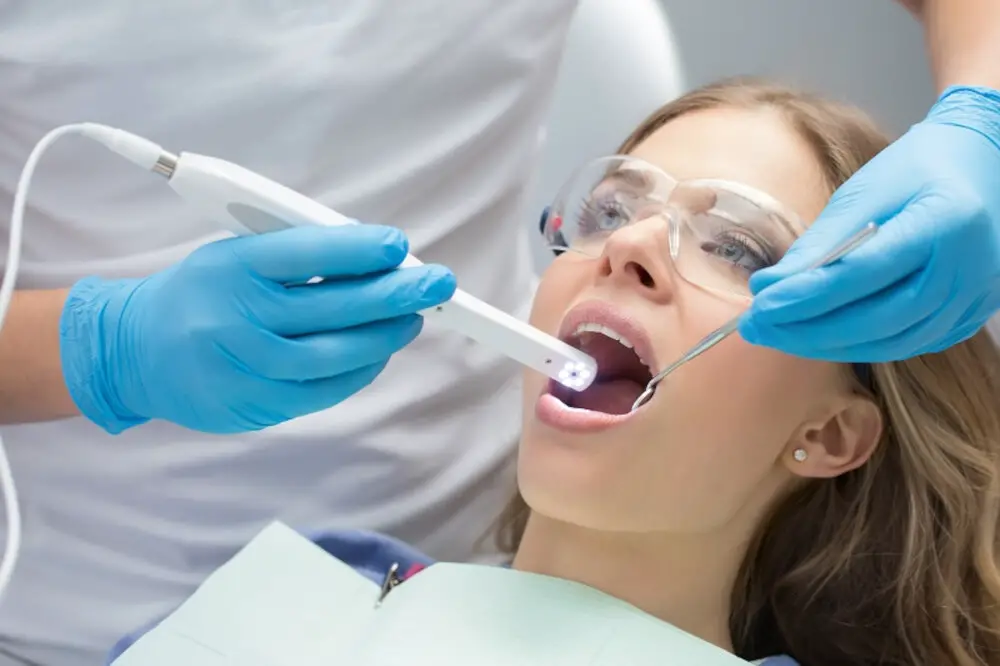
Baby teeth, also known as primary teeth, are the first set of teeth that erupt in a child’s mouth. Although these teeth are temporary, they play a crucial role in a child’s development and overall health. One of the primary functions of baby teeth is to aid in the process of chewing and speech development. As children grow and their jaws develop, they need teeth to help them chew solid food. Baby teeth provide a surface for grinding and breaking down food, allowing children to get the nutrients they need for healthy growth and development. Additionally, baby teeth play a key role in speech development. As children learn to speak, they use their teeth to form sounds and words, making it easier for them to communicate effectively. Another important function of baby teeth is to guide the permanent teeth into their proper position. As children grow, their permanent teeth develop and begin to push against their baby teeth. When the baby teeth fall out naturally or are extracted by a dentist, they make room for the permanent teeth to grow in their proper place. This process is critical because it ensures that the permanent teeth grow in straight and healthy, minimizing the need for orthodontic treatment later in life. Without baby teeth, the permanent teeth may grow in crooked or crowded, causing a host of dental problems that can affect a child’s overall health and well-being. Therefore, it is essential to take good care of baby teeth by brushing and flossing regularly and visiting the dentist for regular check-ups and cleanings.
Chewing is the initial process of digestion, where food is mechanically broken down into smaller particles to facilitate chemical digestion. Baby teeth play a crucial role in this process by enabling infants to chew and grind their food effectively. When babies swallow large pieces of food, it can cause discomfort, choking, and pose a choking hazard. Chewing breaks down the food into smaller particles, making it easier to swallow and digest. Proper chewing is essential for the absorption of nutrients and overall digestive health. As a result, maintaining healthy baby teeth is vital to ensure that infants can chew their food correctly and get the necessary nutrients for growth and development.
Speech development is an essential aspect of a child’s growth and development, and it is strongly linked to primary dentition. Baby teeth play a crucial role in the formation of speech as they provide the necessary structure for the tongue, lips, and cheeks to produce sounds. As a child begins to speak, their teeth guide the formation of sounds and help in the pronunciation of words. Primary dentition also helps in the development of language skills, as children learn to form words and sentences by imitating the sounds they hear. Therefore, it is vital to take good care of your child’s primary teeth to ensure they develop strong and healthy teeth that will support their speech development.
Proper jaw and facial development are essential for a child’s overall growth and well-being. The primary dentition plays a crucial role in this process by guiding the development of the jaw and facial bones. Baby teeth serve as a placeholder for adult teeth, helping to maintain the proper spacing and alignment of teeth. When baby teeth are lost prematurely, it can disrupt the development of the jaw and facial bones, leading to misalignment and other oral health issues. Additionally, proper jaw and facial development are essential for a child’s speech development, as well as their ability to chew and digest food. Ensuring that a child’s primary dentition is healthy and intact is a vital step in promoting their overall health and development.
Importance of Maintaining Baby Teeth
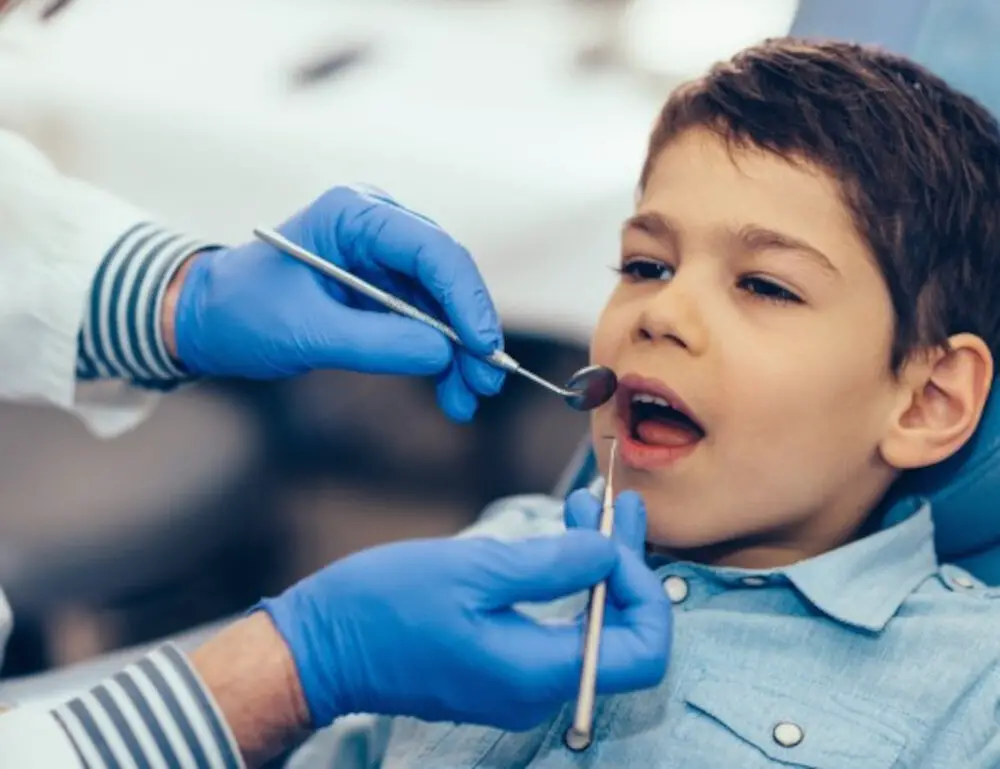
Maintaining baby teeth is crucial for a child’s overall health and development. While many people believe that baby teeth are temporary and not worth the effort, the truth is that these primary teeth serve as the foundation for future permanent teeth. Without proper care, baby teeth can become decayed, leading to a host of issues down the road. Cavities in baby teeth can cause pain, infection, and even tooth loss, which can negatively impact a child’s speech and eating habits. Additionally, untreated decay can spread to the permanent teeth beneath, leading to more serious dental problems later in life. By prioritizing the care of baby teeth, parents can help ensure that their child’s oral health remains strong and stable throughout their lifetime. Another important reason to maintain baby teeth is that these teeth play a significant role in a child’s cognitive and social development. Baby teeth help children learn to speak and articulate words properly, which can have a lasting impact on their communication skills. Furthermore, healthy baby teeth allow children to eat a variety of foods, which is essential for their physical growth and development. Children with decayed or missing baby teeth may struggle to eat certain foods or feel self-conscious about their appearance, impacting their ability to socialize and build relationships with others. By prioritizing the care of baby teeth, parents can help their child develop strong communication skills, build healthy relationships, and thrive both physically and emotionally.
Preventing decay and infection is essential for maintaining healthy primary dentition. Baby teeth are prone to cavities and decay due to their delicate enamel and the consumption of sugary foods and drinks. To prevent decay, parents should establish good oral hygiene practices early on, such as daily brushing and flossing. Additionally, dental sealants can be applied to the back teeth to provide an extra layer of protection against decay. Regular dental check-ups are also important for catching any potential issues early on and preventing them from worsening. Untreated decay can lead to painful infections and even tooth loss, which can have long-term effects on a child’s oral health and overall well-being.
Maintaining proper alignment for adult teeth is crucial for overall dental health and aesthetics. Misaligned teeth can cause a range of issues, including difficulty chewing, speech problems, and an increased risk of cavities and gum disease. Orthodontic treatments, such as braces or aligners, can help correct misaligned teeth and improve oral health. It’s essential to address any alignment issues in childhood as adult teeth develop, as correcting misalignment becomes more challenging with age. Proper alignment not only enhances dental health but also boosts confidence and self-esteem. Therefore, it’s crucial to take care of baby teeth to ensure the proper development of adult teeth and maintain a healthy, beautiful smile.
Taking care of baby teeth is crucial for ensuring good oral health later in life. Neglecting primary dentition can lead to a range of potential oral health issues, including gum disease, cavities, and even tooth loss. To avoid these problems, it’s essential to establish good oral hygiene habits from an early age, such as brushing teeth twice a day, flossing regularly, and limiting sugary snacks and drinks. Regular dental check-ups are also crucial, as they allow for early detection and treatment of any potential issues before they become more serious. By prioritizing primary dentition, individuals can set themselves up for a lifetime of healthy teeth and gums.
Tips for Maintaining Baby Teeth
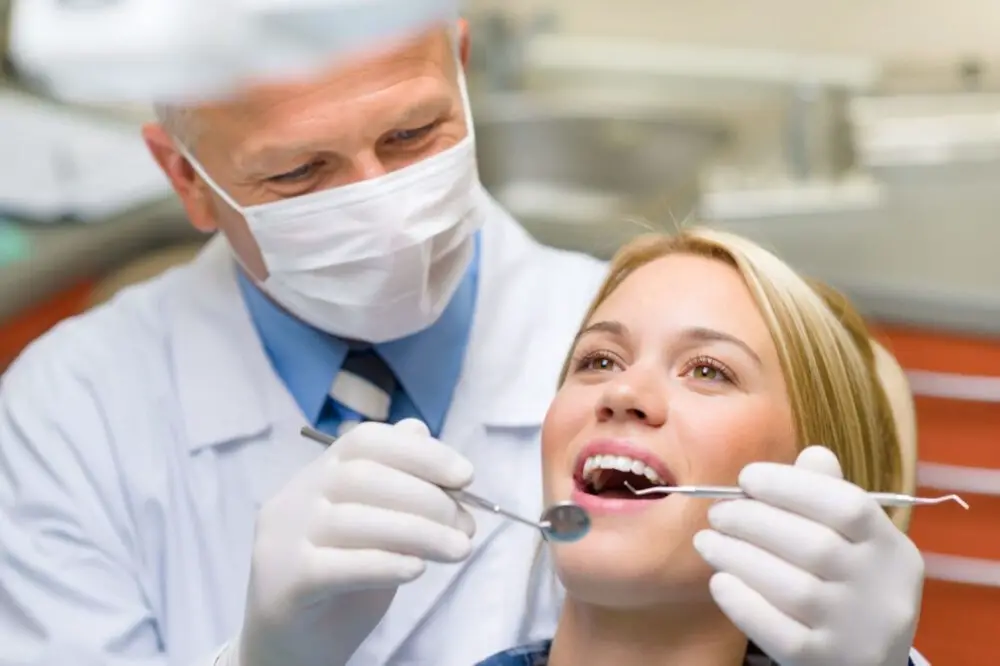
Maintaining baby teeth is crucial for the overall health and development of children. Baby teeth, also known as primary teeth, serve as a foundation for the growth and alignment of permanent teeth. Therefore, it is essential to take care of baby teeth from the very beginning. Brushing and flossing twice a day with a soft-bristled toothbrush and fluoride toothpaste can help prevent cavities and decay. Parents should brush their child’s teeth until they are old enough to do it themselves, usually around age six. Additionally, limiting sugary foods and drinks can also help prevent tooth decay and maintain healthy baby teeth. Regular dental check-ups are also crucial for maintaining baby teeth. Dentists can identify any potential problems and offer preventive measures such as fluoride treatments or sealants. They can also provide guidance on proper oral hygiene practices and ensure that baby teeth are developing correctly. Early identification and treatment of any dental issues can prevent further problems and ensure proper dental growth and development. Therefore, parents should schedule regular dental appointments for their children starting from their first birthday or as soon as their first tooth erupts. Overall, maintaining healthy baby teeth is essential for the long-term health and well-being of children.
Regular dental checkups are crucial for maintaining good oral health, particularly during the primary dentition stage. These checkups allow dentists to identify any potential issues early on and take preventative measures to avoid more significant problems down the line. They also provide an opportunity for parents to receive guidance on proper oral hygiene practices for their children. Additionally, regular dental checkups can help alleviate any anxiety or fear a child may have about visiting the dentist, creating a positive association with oral health that can carry into adulthood. Ultimately, prioritizing regular dental checkups during primary dentition can lead to a lifetime of healthy teeth and gums.
Proper oral hygiene practices are essential for maintaining healthy teeth and gums. This includes brushing teeth twice a day with a fluoride toothpaste, flossing daily, and using mouthwash. It is also important to have regular dental check-ups and cleanings to prevent cavities and gum disease. Poor oral hygiene can lead to a range of dental problems, including bad breath, tooth decay, and gum disease. Additionally, good oral hygiene practices should be instilled in children from a young age to promote healthy habits and prevent future dental issues. By prioritizing oral hygiene, individuals can maintain a healthy and beautiful smile for life.
Limiting sugary foods and drinks is essential for maintaining healthy primary teeth. Sugar is a primary cause of tooth decay, and consuming too much of it can lead to cavities and other dental problems. Parents should encourage their children to eat a balanced diet with limited sugary snacks and drinks. Instead of sugary beverages, children should drink water or milk, which are much healthier options. Also, parents should ensure that their children brush their teeth regularly and visit the dentist for regular check-ups. By following these simple steps, parents can help their children maintain healthy primary teeth and set the foundation for good oral health in the future.
When to Seek Professional Help
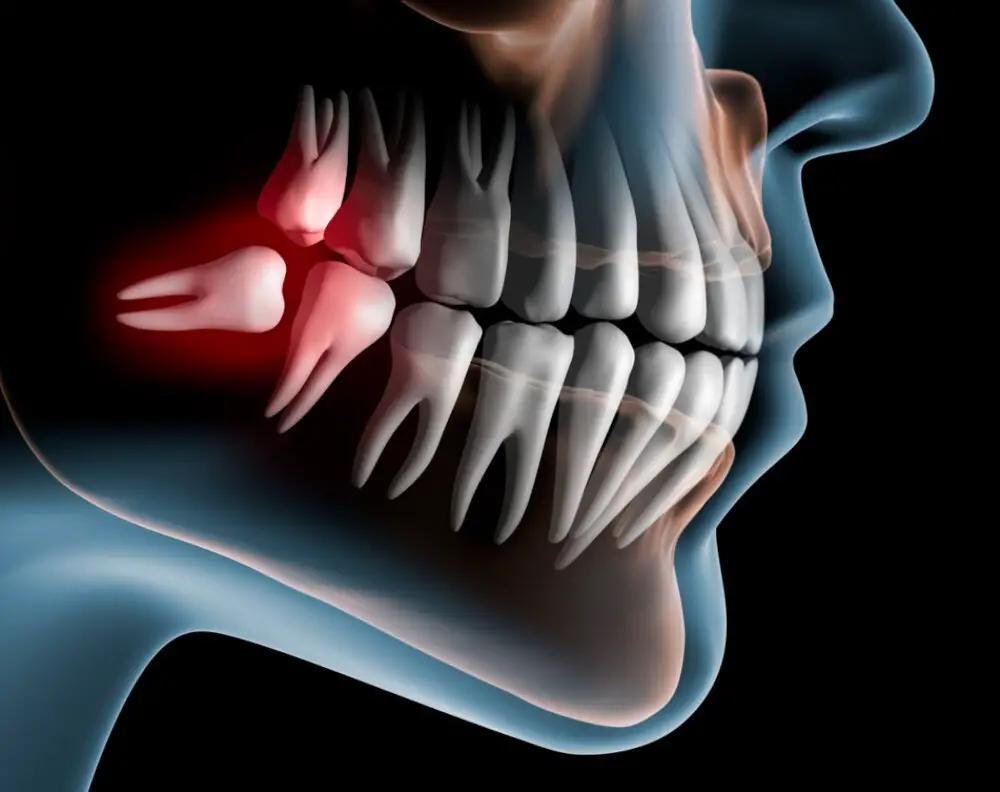
When it comes to the well-being of our children, parents want to make sure they are doing everything they can to keep them healthy. This includes their oral health, which is crucial in the development of their overall health. While regular brushing and flossing are essential, there are times when seeking professional help is necessary. If your child is experiencing severe pain, swelling, or bleeding in their gums or teeth, it is crucial to seek immediate dental care. Ignoring these symptoms can lead to more significant problems, such as abscesses or tooth loss, which can be painful and require invasive procedures. Additionally, regular dental check-ups are essential for maintaining good oral health. Dentists can identify potential problems early and provide preventive care to avoid more severe issues. They can also provide advice on proper oral hygiene practices and diet choices to help your child maintain healthy teeth and gums. If your child is experiencing anxiety or fear about going to the dentist, seeking professional help in the form of a pediatric dentist or therapist can help alleviate their fears and make going to the dentist a positive experience. Overall, seeking professional help when it comes to your child’s oral health can ensure they have a healthy smile and a healthy body.
Tooth decay or infection is a serious dental issue that can lead to severe pain, tooth loss, and other health problems. Some signs of tooth decay or infection include tooth sensitivity, pain while eating or drinking, bad breath, swollen or bleeding gums, and visible holes or pits in the teeth. If left untreated, tooth decay or infection can spread to the root of the tooth and cause an abscess, which can be extremely painful and require immediate medical attention. It is crucial to take care of your child’s primary teeth to prevent tooth decay and infection, as these teeth play a crucial role in their overall oral health and development.
Abnormal tooth development or alignment can have a significant impact on a child’s oral health and overall well-being. When teeth do not emerge properly or are misaligned, it can cause problems with biting, chewing, and speaking. Additionally, it can lead to issues with self-esteem and confidence in social situations. These problems can be compounded if left untreated, potentially leading to more serious dental and health issues. Therefore, it is important for parents to monitor their child’s tooth development and seek professional dental care if they notice any abnormalities. By addressing these issues early on, parents can help ensure their child’s oral health and set them up for a lifetime of healthy teeth and gums.
Speech or eating difficulties can be a common problem for children who experience tooth decay or premature loss of primary teeth. Baby teeth play a crucial role in speech development, as they help children learn to pronounce words correctly and communicate effectively. When these teeth are lost too early, children may struggle with speech impediments that can impact their social and academic success. Additionally, healthy primary teeth are necessary for proper chewing and digestion, which can affect a child’s overall nutrition and health. By taking proactive steps to protect and maintain primary dentition, parents can help ensure their child’s optimal development and well-being.
Baby teeth, also known as primary teeth, play a crucial role in a child’s oral and overall health. These teeth not only aid in chewing and speaking but also serve as a guide for the permanent teeth to grow into the correct position. Neglecting baby teeth can lead to a range of issues, including tooth decay, gum disease, and even malnutrition. Additionally, baby teeth help with facial development and contribute to a child’s self-esteem and social interactions. By taking care of baby teeth and establishing good oral hygiene habits early on, parents can ensure their child’s overall health and well-being.
It is imperative to prioritize oral health for children as it sets the foundation for their overall health and well-being. The primary dentition, commonly known as baby teeth, serve as placeholders for permanent teeth and play a significant role in speech, chewing, and facial development. Neglecting their oral health can lead to cavities, infections, and even tooth loss, which can affect their confidence, nutrition, and overall health. Parents should encourage their children to practice good oral hygiene habits, such as brushing twice a day and flossing, and schedule regular dental check-ups to detect and address any dental issues early on. Investing in their oral health today can lead to a healthier and happier tomorrow.
In conclusion, baby teeth play a crucial role in the overall health and development of a child. They serve as placeholders for permanent teeth, aid in speech development, and allow for proper chewing and digestion of food. Neglecting the care of primary dentition can lead to a range of dental problems, including cavities, gum disease, and even tooth loss. As parents or caregivers, it is important to prioritize oral hygiene and regular dental check-ups for children from an early age. By doing so, we can ensure that children maintain healthy baby teeth, which will ultimately lead to a healthier and happier future. Let’s make it a priority to educate ourselves and our communities on the importance of baby teeth and take action to promote good oral health practices.
Conclusion
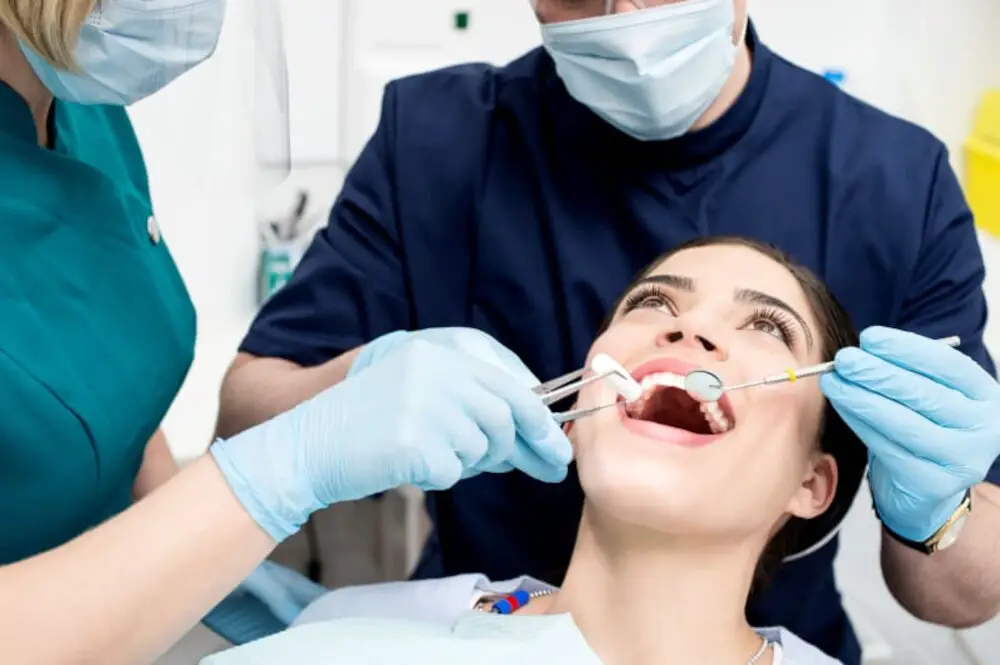
In conclusion, it is clear that baby teeth play a crucial role in a child’s overall health and development. These primary teeth not only aid in the proper nutrition and digestion of food, but they also serve as placeholders for the eventual eruption of permanent teeth. Additionally, the process of losing baby teeth and growing permanent teeth teaches children about the importance of oral hygiene and promotes good dental habits that will benefit them for a lifetime. Therefore, it is important for parents and caregivers to prioritize the care and maintenance of their child’s primary dentition to ensure healthy and happy smiles for years to come.


